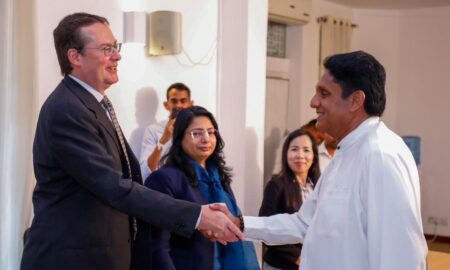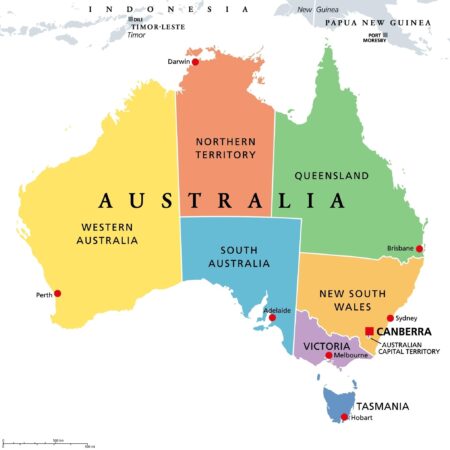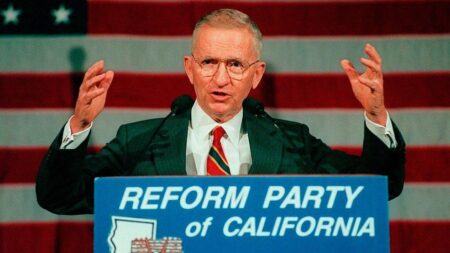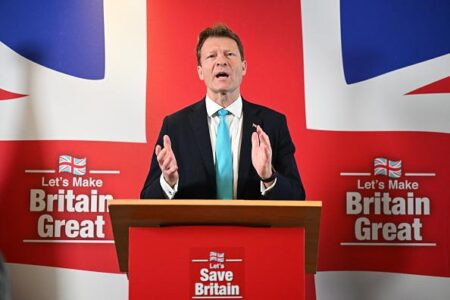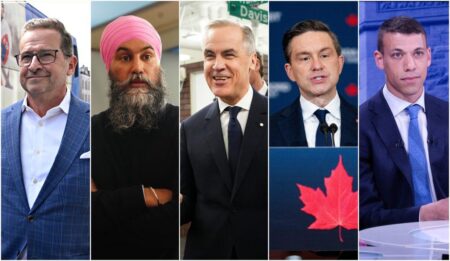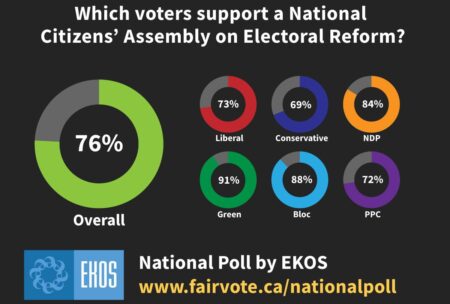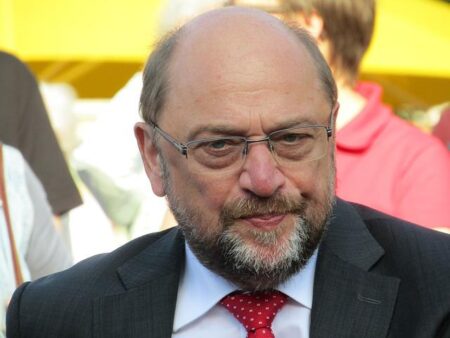Team Mirai is surging forward with unstoppable energy as the Lower House elections draw near, electrifying the political arena with a daring new platform and fervent grassroots support. This dynamic movement has the potential to ignite a powerful transformation in Japan’s political landscape
Browsing: political landscape
One Nation’s soaring popularity is sending shockwaves through Australia’s political arena, risking a split in the conservative vote and poised to dramatically transform the right-wing landscape as the upcoming elections draw near
Kevin Rudd’s political era, forged amid a distinctive global and domestic backdrop, has drawn to a close. The world that once shaped his career has evolved dramatically, bringing new and exciting challenges for Australian leadership and policy
A recent Jiji poll reveals that over 20% of Japanese respondents are enthusiastically supporting the idea of an opposition-led government. These findings highlight a growing public desire for new political options in the face of ongoing challenges
In Argentina, libertarian Javier Milei faces formidable obstacles as his radical agenda clashes head-on with political realities, igniting fierce resistance from established parties and entrenched institutions just weeks before the pivotal elections
Javier Milei, Argentina’s president-elect, is making waves with his electrifying rhetoric and unique flair. Frequently donning a striking lion-themed wig, this libertarian economist presents himself as a fierce champion against the establishment, vowing to usher in groundbreaking change for a nation in need of revival
In a remarkable triumph for far-right President Javier Milei, Argentines have sent a clear message to centrist parties in the recent local elections. This outcome not only strengthens Milei’s grip on power but also highlights the rising enthusiasm for his bold economic policies and distinctive approach to governance.
In a remarkable twist of fate, Australia’s Prime Minister has clinched a second term, surprising many and triumphing over formidable obstacles. This victory highlights the evolving political landscape as voters unite in support of a revitalized leadership and an inspiring policy vision.
In the recent Australia federal election, Peter Dutton encountered a major setback, as he lost crucial constituencies in his traditional stronghold. This unexpected shift highlights evolving voter sentiments and presents new challenges for the opposition leader as he navigates his future strategies.
This month, the BBC dives into the pulse of our world, exploring pivotal global developments that are shaping our future. From economic trends to environmental shifts, we’re uncovering the stories that matter. With elections and climate events making waves, expert insights will guide you through what lies ahead in the coming weeks. Stay informed and engaged!
As Brazil’s far-right navigates a turbulent landscape marked by internal rifts and recent electoral setbacks, a pressing question arises: Who will step up to fill the void left by Jair Bolsonaro? With political tensions escalating, this movement stands at a pivotal crossroads as it prepares for the high-stakes 2024 elections.
Recent electoral setbacks for conservative parties in Australia and Canada have unveiled intriguing parallels. Voter frustration over critical issues like climate policy and economic management is driving a significant shift in political loyalties, compelling right-leaning leaders to engage in urgent self-reflection.
The newly rebranded Reform Party is poised to shake up UK politics, tapping into the rising wave of dissatisfaction with established parties. With its bold populist policies, it aims to draw in disenchanted voters and transform the political arena like never before.
In a stunning twist, the Insurgent Reform U.K. party has clinched remarkable victories in the British local elections, signaling a potential upheaval in the political landscape. Experts suggest this shift may reflect an increasing wave of public dissatisfaction with established parties.
In “The Russia That Putin Made,” Foreign Affairs delves into the intricate tapestry of Moscow’s ties with the West. The article emphasizes that a pragmatic approach to engagement is crucial for fostering coexistence, shedding light on the persistent illusions that obstruct meaningful dialogue
Germany’s far-right AfD party is under the spotlight as lawmakers engage in heated discussions about a possible ban. With worries mounting over its extremist rhetoric and growing influence, the government is considering legal measures that could dramatically alter the political landscape.
As Canada prepares for the pivotal 2025 federal election, the political scene is heating up with recent polls revealing an excitingly competitive atmosphere. The Liberal Party currently enjoys a narrow lead, but the Conservatives are closing in fast, igniting discussions about a possible shift in power that could reshape the nation’s future.
As Canadians prepare to cast their votes, recent surveys unveil a dynamic shift in public sentiment regarding crucial issues. There’s an increasing focus on climate change and healthcare, signaling what could be a pivotal moment for voters. Analysts warn that these changing priorities may significantly alter the political landscape as we approach election day.
In a significant shift in German politics, the far-right Alternative for Germany (AfD) has topped the polls for the first time, posing a challenge to Chancellor-in-waiting Friedrich Merz. This development signals rising support for nationalist sentiments amid national debates.
Germany’s far-right party, AfD, has doubled its vote share in recent elections, signaling a significant shift in the country’s political landscape. This surge raises concerns about the influence of extremism and poses challenges for traditional parties in maintaining stability.




